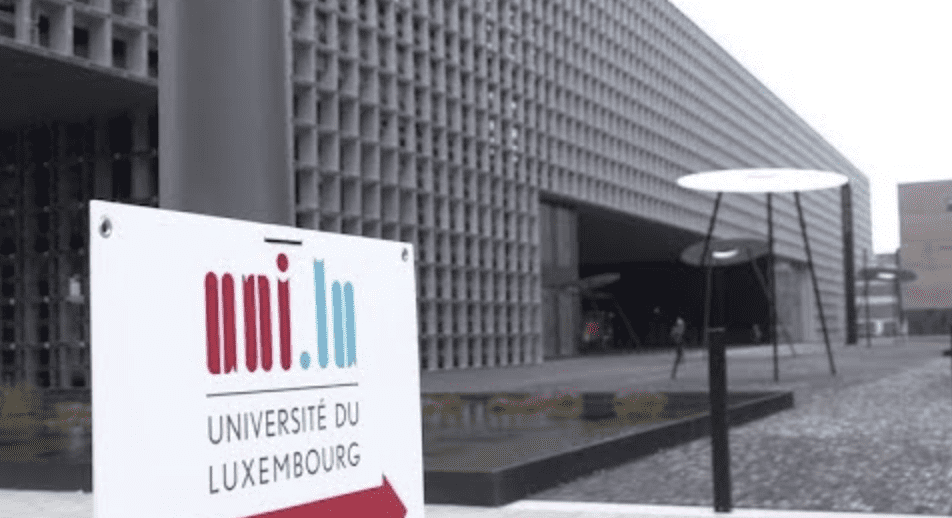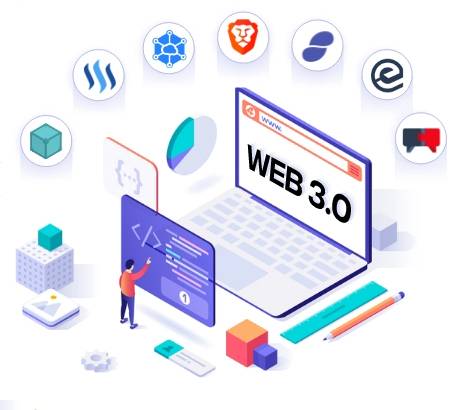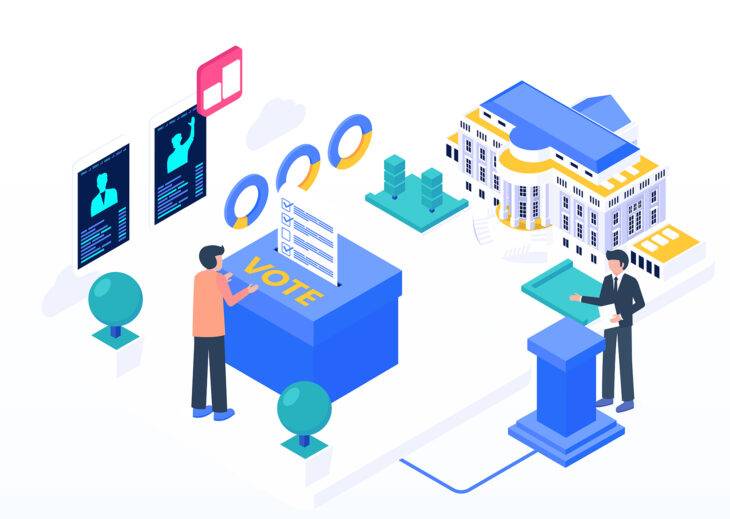Get prepared for multilingual and multicultural Luxembourg; here are useful suggestions for parents of children of all ages.
Having children in Luxembourg
Young families have a tendency to flourish in Luxembourg because of generous financial support for parents, a range of school options, and an excellent selection of youngsters’ activities and playgrounds.
For many, the idea of having a baby in a foreign land could take them out of their comfort zone. But facilities in the 4 state of the art maternity wards In Luxembourg offer exceptional care. Expectant mums must be reassured by the simple fact that Luxembourg royals also make use of the incredible maternity services provided. The Grand Duchess gave birth to all five of her children in Luxembourg, just like any other Luxembourgish mother would.
For prospective parents having problems conceiving, as much as 4 IVF attempts are entirely covered by the national health insurer (CNS). For more details, it’s advisable to visit a gynecologist and family planning clinic.
Luxembourg is generous concerning parental leave
Parental leave in Luxembourg is exceptionally adaptable, which may be taken full time over 4–6 months or part-time of 8 to 12 months per child. Parental leave can also be subdivided to 8 hours each week for over twenty months, for instance.
Fathers are also frequently benefitting from the system, particularly since the maximum before-tax monthly compensation throughout parental leave was increased to €3,330.98 since January 2018. Fathers are also entitled to at least 10 days of paternal leave after the birth of a baby. However, this period can be extended to up to 6 months depending on employment conditions.
There are a variety of benefits to support parents working and living in Luxembourg with the expense of raising a family. Among the crucial ones are maternity allowance, paid in 3 installments. It includes monthly household allowance, back-to-school allowance (for parents of primary school kids aged 6 and over to purchase school materials), as well as the specific extra compensation for a child with a disability. The website guichet.lu has thorough explanations in English.
Daycare & Schooling
Luxembourg has a vast network of crèches, daycare centers, drop off centers as well as day nurseries, several offer care in English. Based on their household income and the number of children in the household, parents can get a price reduction on licensed child care facilities with the “chèques-service accueil.” As well as childcare service vouchers. A system of smaller, so-called mini-crèches has started in early 2019, which eased the demand for child daycare centers.
Education is compulsory for children aged from 4 to 16. There are many options on offer, and it takes due diligence when choosing the ideal school type. Along with the public Luxembourg school system whereby youngsters learn in Luxembourgish, French, and German. Luxembourg has a selection of private and public English centered options.
The International School of Luxembourg (International Baccalaureate, IGCSE which is equivalent to a high school diploma). St. George’s International School (national curriculum equivalent to the UK, IGCSE, and A-Levels). European Schools (European Baccalaureate also equivalent to a high school diploma) offer both private primary and secondary English education.
Public school alternatives include the Lycee Michel Lucius that has an English education at primary and secondary levels (IGCSE as well as A-Level) and also the Athenee (international baccalaureate). The École Internationale de Differdange et Esch Alzette uses the identical education system as the European schools. Since September 2018, schools within Junglinster and Mondorf region have incorporated English education at primary and secondary levels sticking to the European school curriculum.
It’s additionally not uncommon for parents to send out kids to boarding facilities abroad to not interrupt their education. The website mengschoul.lu can help parents to acquire an overview of the Luxembourg school system in regards to languages, geographic location, and specializations.
Meanwhile, the Luxembourgish Schools Support Group can help respond to some inquiries you might have about the specific training demands. Families where both parents work also need to enquire about after school facilities in which children can remain until the end of the working day. It is also advisable to enquire about facilities that provide activities for children during school vacations.
Homeschooling is allowed in Luxembourg
Although not typical, homeschooling your children is possible. For more information, visit ALLI asbl. They can advise parents that are interested in homeschooling options and point them to the right path.
Where can you find help to foreign pupils In Luxembourg?
Immigration has had a decisive influence in the Grand Duchy’s economic growth, and this trend is on the rise.
In 1961, the number of inhabitants in Luxembourg amounted to 314,900 individuals, with a proportion of 13.2 % of foreigners. In January 2019, the national population consisted of 602,005 individuals, 47,9 % were foreigners.
Intercultural mediators are widely available to help families structure their lives in Luxembourg. They will guide you through the process regarding cultural integration and initial decisions, which includes choosing the proper school for your children.
Luxembourg is one of the few countries on Earth that have a dedicated Department of Schooling for Foreign Children (Service de la scolarisation des enfants etrangers — SECAM). Concerning the Ministry of National Education, Youth and Childhood. This particular service seeks to inform newcomers to Luxembourg regarding the school system, support methods, school enrolment, and also offer, if needed, intercultural mediation.
Parents, teachers, as well as school authorities can ask for the assistance of an intercultural mediator that speaks a different language along with the recognized languages of the Grand Duchy, free of charge. Mediators facilitate mutual understanding and communication between families, teachers, and pupils.
School reception to foreign pupils
The School Reception Unit for Newly Arrived Children (Cellule d ‘accueil scolaire put elèves nouveaux arrivants — CASNA) provides assistance to youngsters aged between twelve to eighteen who wish to continue their studies post-primary training. It facilitates their placement into the education institution category corresponding to different profiles.
Pupils that are fluent in Luxembourg’s language guidelines (German, French, and also, based on the amount, English) are positioned in regular classes.
For pupils aged twelve to fifteen who aren’t fluent in German and French, special language training classes are organized. Additionally, integration classes are widely available, they teach not only language but history and national cultural heritage.
For additional info, reach out to CASNA in the following number: (+352) 247 85277. They offer in-depth information in English and several other languages.
Higher education in Luxembourg
Luxembourg has a somewhat limited number of universities on offer when studying abroad or as an expat. Higher education in Luxembourg comes down to the University of Luxembourg, a public university, and the Sacred Heart University, a private university. Both of these universities in Luxembourg rank as some of the best in central Europe. They are worth considering for a bachelor’s or master’s degrees
Applying for a university in Luxembourg
Foreign students applying for admission to higher education in Luxembourg must have a secondary school certificate recognized by the Ministère de l’Education nationale. Bachelor courses in Luxembourg are available in French, German, English, and Luxembourgish, depending on the field of study. Some courses are only available in one particular language, so be sure to research courses and colleges you wish to enroll your children in. Foreign language test scores might be requested when wishing to study in a language that is not your native tongue, especially for those who did not attend primary or secondary school in Luxembourg.















